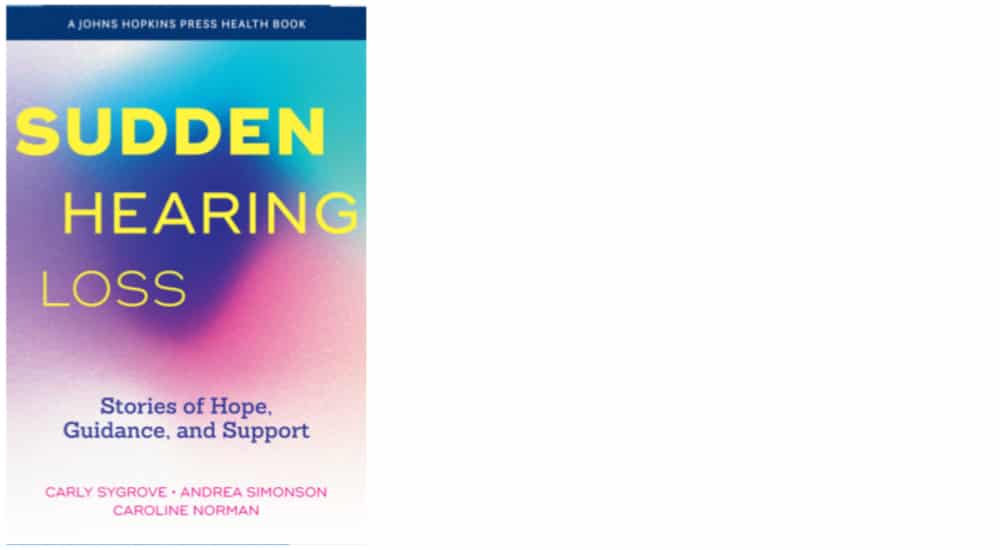Will tickling the ears of over-55s balance their nerves?
ageing
It may sound like wily medieval quackery, but researchers from the UK's University of Leeds are suggesting that tickling the ear may open a gateway to the body's metabolic balance and lead to healthier ageing.

The new study, published in the journal Aging, involved 29 health subjects, aged 55 or over, who received a "tickling" through light electical stimulation of the vagus nerve at the ear. The positive results achieved have spurred the researchers to investigate further and establish whether this transcutaneous vagus nerve stimulation can help protect against specific disorders.
The theory behind their research and results is that the short daily therapy applied over a period of two weeks recalibrates the autonomic nervous system, bringing protection against high blood pressure, heart disease and atrial fibrillation. The autonomic nervous system involves an equilibrium between its two branches, the sympathetic and the parasympathetic. When we age or fight disease, the sympathetic branch (preparing us for "fight or flight" situations) tends to dominate, causing an imbalance that debilitates us.
Previous experiments in stimulation of the vagus, the major nerve of the parasympathetic system (crucial to "rest and digest" activity), have suggested that this restores the autonomic balance. But such stimulation in locations other than the skin of specific areas of the outer ear require surgery, so the ear provides a convenient stimulation point.
In the study subjects, the therapy increased parasympathetic activity and decreased sympathetic activity, rebalancing the autonomic function towards that associated with healthy function. Some subjects reported improvements in measures of mental health and sleeping patterns.
"The ear is like a gateway through which we can tinker with the body's metabolic balance, without the need for medication or invasive procedures. We believe these results are just the tip of the iceberg," said lead author Dr Beatrice Bretherton, from the School of Biomedical Sciences at the University of Leeds.
Source: ScienceDaily


